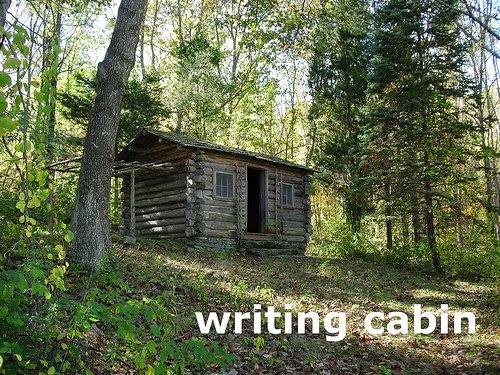I am taking cautious steps in my exploration of this art form.
It helps to have a friend like Maryanne to whom, as a fellow reader, this art form also appeals on so many levels. Her birthday this past year seemed the perfect occasion to launch a first effort.
.jpg)
What I determined that I would "alter" for Maryanne's birthday was a visitor's guide to a church in France. I had bought two copies of that handsome guide, one to help me remember what I had seen that day this past spring when I first walked into this beautiful building in a small French city with sturdy medieval roots, one to give to Maryanne -- in one form or another -- as a tribute to her ability to appreciate this sort of church and this sort of book and this sort of friend.
As her birthday approached, I returned to a poem that Maryanne had written almost twenty years ago and that she may have thought that no one remembered. A ten-line poem based on the letter "M," the poem had been Maryanne's attempt at the start of a work year to speak a word of truth to herself, to her colleagues, to her friends. I printed the text of her poem, one line per half page on white card stock, each line against the background of a watermark of the letter "M."
.jpg)
Working with old-fashioned photo corners, I affixed each line of her poem to a different page of the visitor's guide. The final product, a creative take on a scrapbook, delighted Maryanne. What had originally been bought as a tribute to the sophistication of her ecclesial self-understanding metamorphosed into a tribute to her aesthetic sense. She had little idea that anyone still knew where that early poetic effort of hers had lain hidden over the years. She clearly appeciated the nod to her history, to her identity, to her journey with friends into ever more fresh, ever more complex claims on a religious tradition.
I love Maryanne. I love what in her inspires me and other friends to such an effort. I love what generosity in her welcomes those efforts into her heart and into her history.
If I alter other books in the months and years ahead, I will take courage and energy from this first effort. I hope in time to claim my own history as a landscape on which the pages of earlier volumes can be led creatively to comment and passionately to reflect.


.jpg)
.jpg)